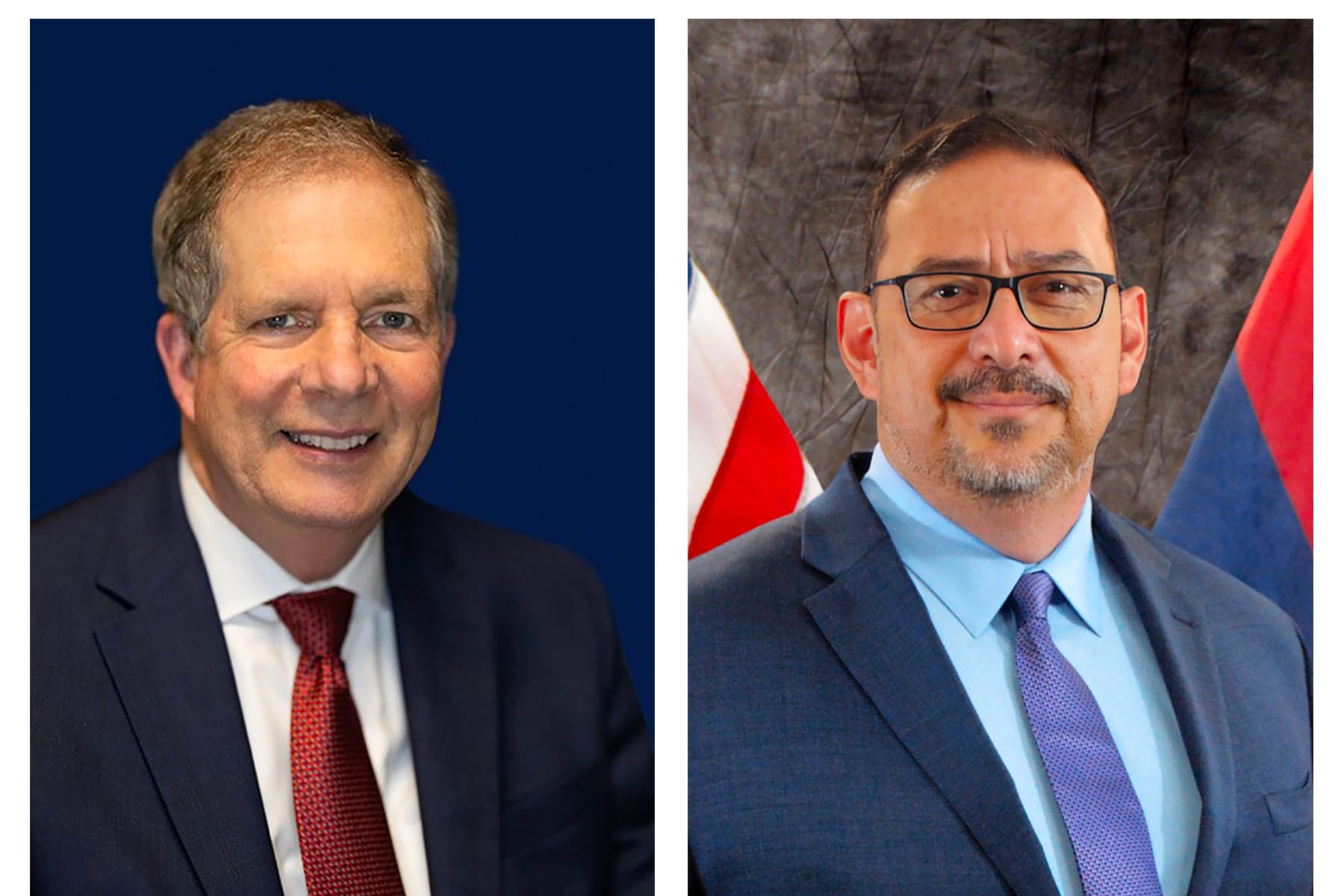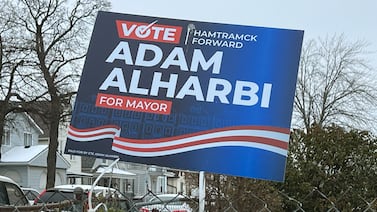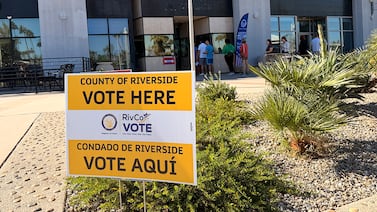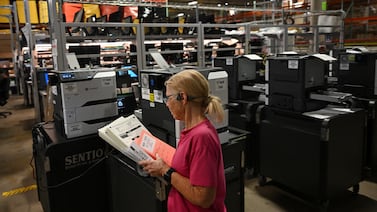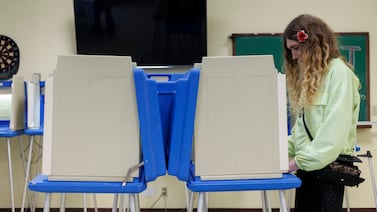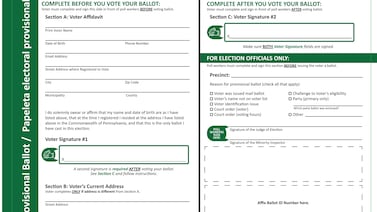Votebeat is a nonprofit news organization reporting on voting access and election administration across the U.S. Sign up for our free weekly newsletter to get the latest.
Currently, there is no federal requirement to show proof of citizenship in order to vote. Instead, voters across the country must attest to their citizenship under penalty of perjury.
President Donald Trump’s executive order on elections included a requirement for proof of citizenship. In Congress, the SAVE Act has a similar requirement and has passed the House. Three states have passed a proof-of-citizenship requirement in recent years, and several others are considering legislation.
As the United States appears to be moving closer to requiring some form of citizenship proof in order to vote, we invite you to join us for a conversation with two secretaries of state — from Arizona and New Hampshire — that will dive into the practical reality of administering elections with this requirement in place.
Arizona has had a documented proof of citizenship requirement for state and local elections for 20 years, and officials determined in 2024 that state systems didn’t properly record the citizenship status of around 200,000 voters.
This year, New Hampshire held its first election with a documented proof of citizenship requirement. Because it’s one of the six states that are not subject to the National Voter Registration Act, the law prevents anyone without documented proof of citizenship from voting in federal elections as well as state and local ones.
Our conversation with Secretaries of State Adrian Fontes of Arizona and David Scanlan of New Hampshire will be moderated by Votebeat Arizona reporter Jen Fifield.
Watch the discussion
The event, which took place May 14, was recorded. Watch below or on YouTube here.

